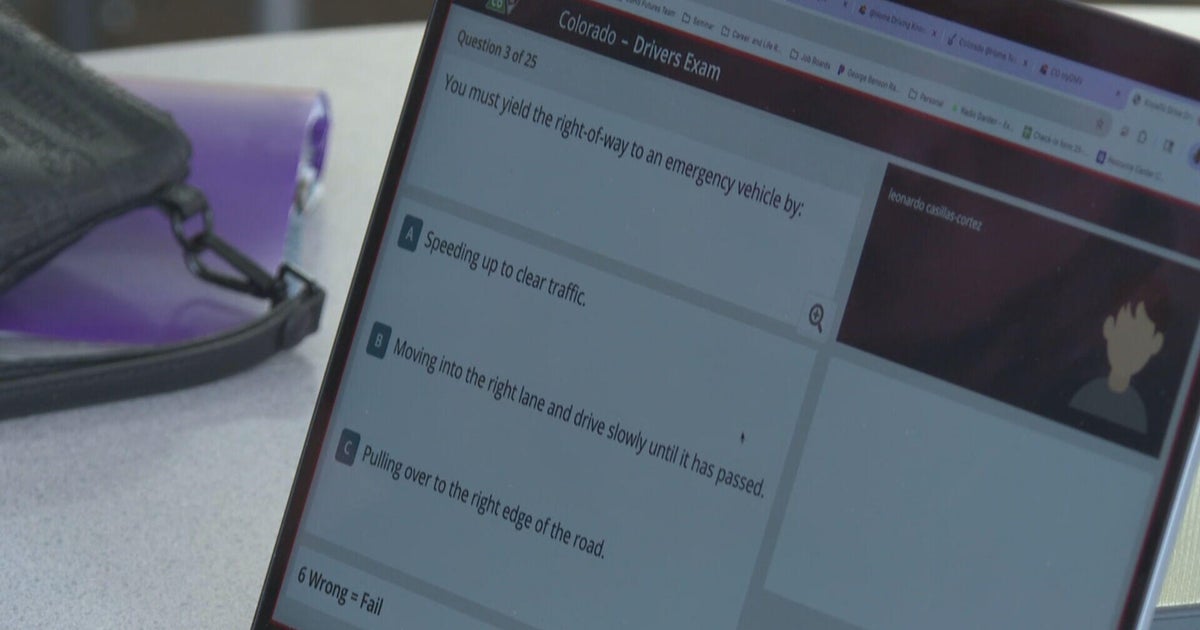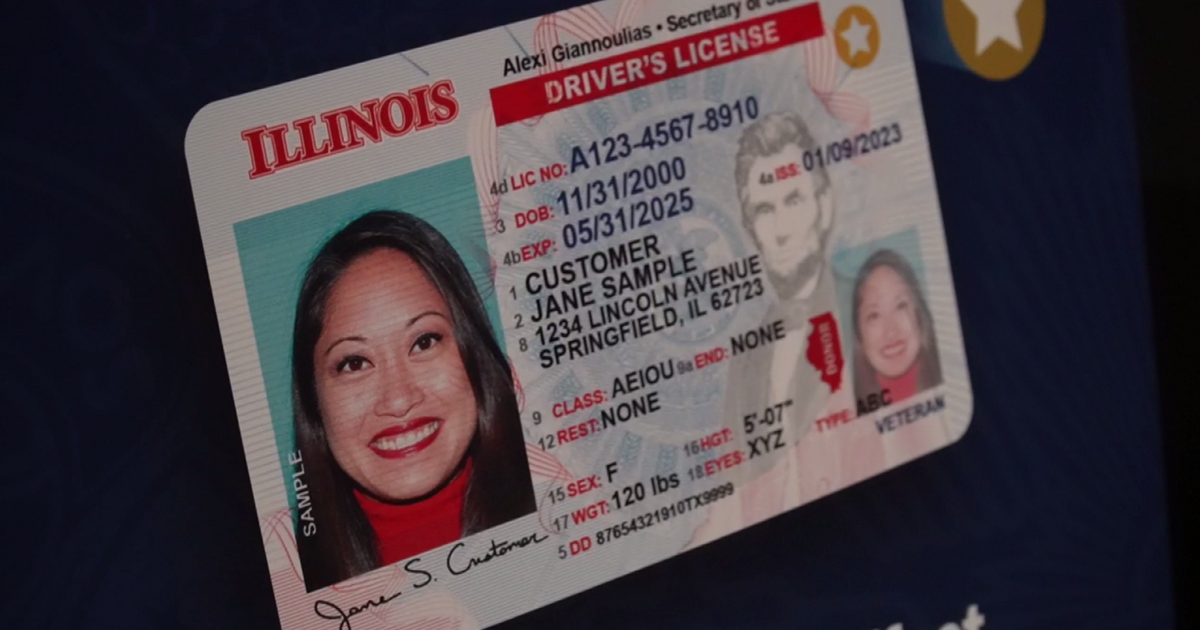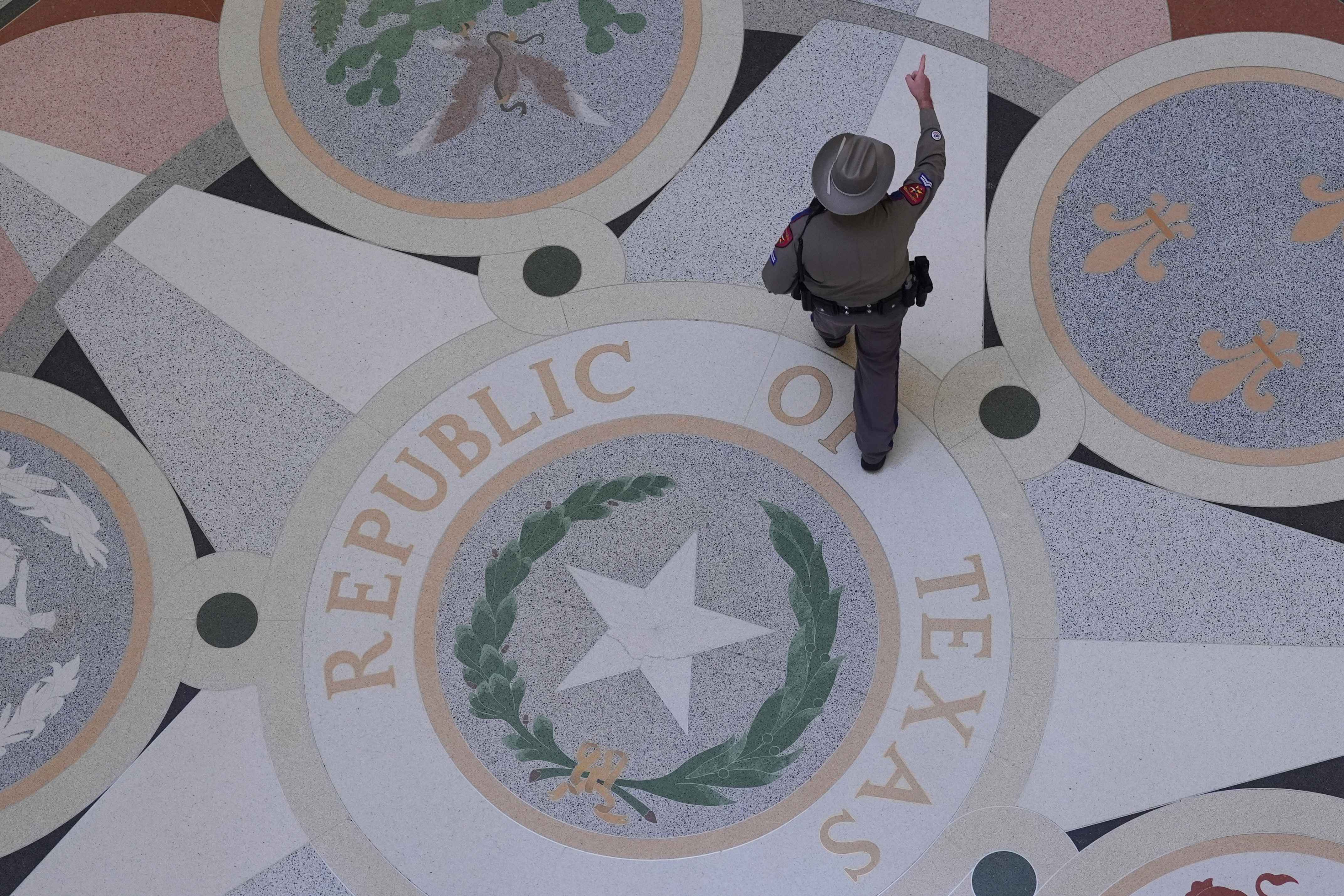Texas' voter ID law is "unexplainable on grounds other than race," federal judge rules
BEAUMONT, Texas -- A federal judge has again struck down Texas’ voter ID law, ruling it is actually meant to keep minorities from voting, and the state is expected to appeal.
Eighty-six-year-old Floyd Carrier served his country in the Army, but in 2012, he wasn’t allowed to do his civic duty. He was denied the right to vote at the polling place near his Beaumont, Texas, home.
He says it felt like he wasn’t a citizen anymore. “I wasn’t a citizen no more, I wasn’t,” he said.
Carrier says he wasn’t allowed to vote because of a voter ID law passed in Texas in 2011 that required one of seven types of approved picture IDs to cast a ballot.
For more than 50 years, Carrier had used his Veterans Administration card that had no picture -- but suddenly it wasn’t enough.
In 2012, federal judges ruled that the law violated the Voting Rights Act, but Republican lawmakers fought repeatedly in federal court to keep the law in place, saying it prevented in-person voter fraud.
But again this week, a federal judge ruled that the law was “unexplainable on grounds other than race.”
“This new strict requirement is based on an idea that there is voter fraud in Texas and we’ve debunked that many times over,” says Janai Nelson of the NAACP Legal Defense Fund.
Texas Gov. Greg Abbott responded on Twitter, writing “Yes, TX will appeal the erroneous VoterID ruling by a liberal Obama judge & we should win. Supreme Court has already approved VoterID.”
Floyd Carrier now has a valid picture ID and hopes no one else is denied the right he fought to protect.
“To me, you have your right to go vote,” Carrier says.
If this latest ruling stands, there are consequences. Texas’ elections could go back under federal oversight.








